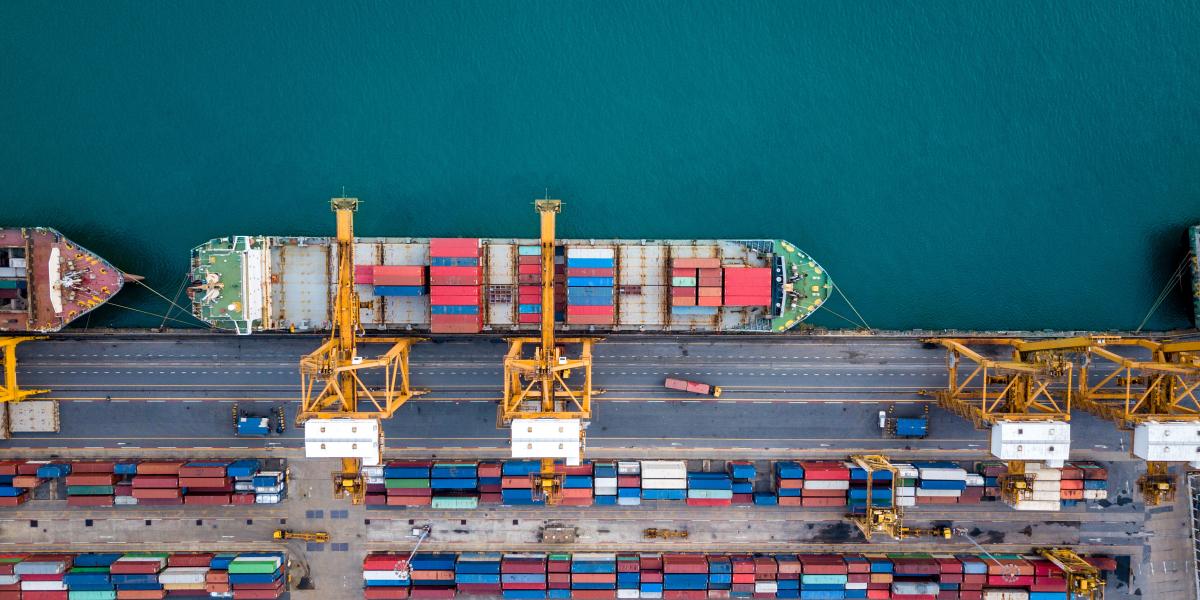You are here

(Editor’s Note: 3E is expanding news coverage to provide customers with insights into topics that enable a safer, more sustainable world by protecting people, safeguarding products, and helping businesses grow. Deep Dive articles, produced by reporters, feature interviews with subject matter experts and influencers as well as exclusive analysis provided by 3E researchers and consultants.)
A European Union (EU) proposal to require companies to vet against potential human and labor rights violations in their supply chains hit a roadblock after a 9 February 2024 vote was delayed following objections raised by member countries Germany and Italy.
The legislation, the Corporate Sustainability Due Diligence Directive (CSDDD), proposed on 23 February 2022 by the European Commission (EC), also would require certain large companies (EU companies with at least 500 employees and a global total revenue of $161 million and non-EU companies with larger revenues) to align their business strategies with the objectives of the Paris Agreement, which seeks to limit global warming to 1.5°C. It also contains provisions obligating company leaders to consider environmental consequences in their decision-making.
Germany’s objections, as voiced by Federal Minister of Finance Christian Lindner, leader of the liberal Free Democratic Party (FDP), primarily involve what its representatives viewed as being overly burdensome regulations for one of the leading industrial players in Europe and the world economy.
“It would put a massive burden on companies without secure progress for human rights and the environment,” Lindner wrote. “And Germany is obviously anything but alone with its concerns.”
Review
According to a European Parliament press release, each EU country will designate a supervisory authority to monitor whether firms are complying with these obligations within the European Network of Supervisory Authorities (ENSA) established by the EC. It will have the authority to launch inspections and investigations, impose penalties on non-compliant companies, and issue fines of up to 5% of the net worldwide revenue of the penalized companies.
The CSDDD's requirements are expected to apply to EU companies with 1,000 or more employees by mid-2027 and to EU companies with 500 or more employees by 2028. For non-EU companies, the requirements will not apply until three years from when the CSDDD comes into effect, which would be 2027 at the earliest.
The CSDDD will require approval from a qualified majority of the 15 EU countries that represent at least 65% of the EU population to then proceed to a decisive up or down vote by lawmakers in the European Parliament.
Environmental activist groups criticized Germany and Italy for stalling the legislation, which also has received support from large European retailers like IKEA, ALDI SUD, L’Oreal, and ABN AMRO.
“We are concerned that the Council of the EU has delayed plans to adopt the CSDDD,” Steve Trent, CEO and founder of the U.K.-based Environmental Justice Foundation said. “This law would mean more sustainable business practices and set the stage for meaningful corporate responsibility. It seems some EU governments are irresponsibly blocking this possibility, and in doing so, they have derailed the legislative process. Protections for consumers, human rights and a sustainable planet for future generations are at stake.”
Analysis
While the delay raises some doubts about when the CSDDD will be implemented, experts advise U.S. companies to begin preparing for compliance now.
“In-scope companies need to begin preparing for the directive now, laying a strong foundation for human rights and environmental due diligence, understanding the most salient risks to people and to the environment, and mapping the supply chain to gain a full picture of its business relationships,” wrote a panel of trade and customs experts at KPMG.
U.S. Secretary of State Antony Blinken, Commerce Secretary Gina Raimondo, and Trade Representative Katherine Tai hosted a delegation of EU officials 30 January 2024 in Washington, during the fifth US-EU Trade and Technology Council. While neither Blinken nor EU Executive Vice President Margrethe Vestager directly addressed CSDDD, Blinken did allude to the need for both the U.S. and EU to “de-risk” their respective economies and “diversify further our supply chains.”
(About the author: Stefan Modrich is a Washington, D.C.- based reporter for 3E. He covers the latest developments in environmental health and safety policy and regulation. Modrich previously wrote for S&P Global Market Intelligence, The Arizona Republic, and Chicago Tribune. He is an alumnus of Arizona State University and the University of Zagreb.)

 Top
Top